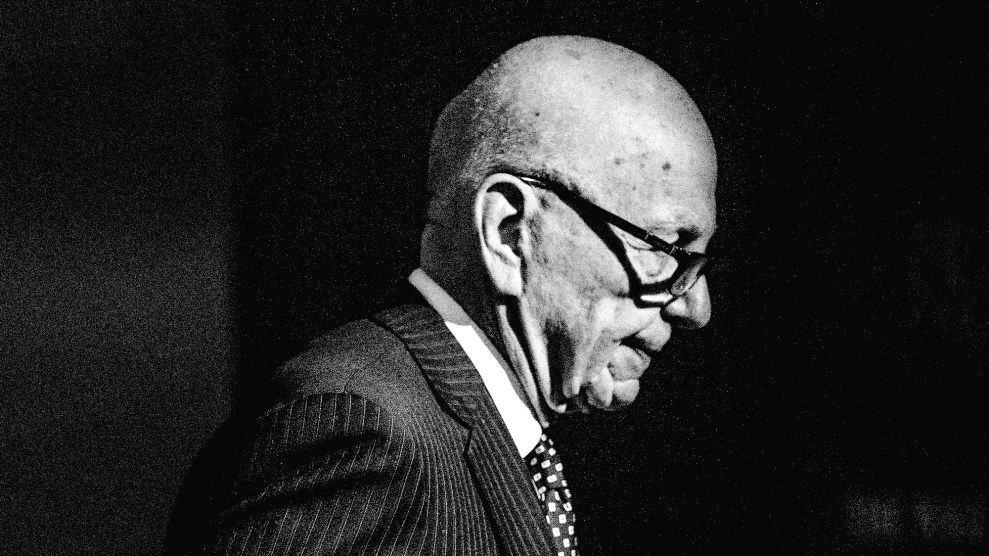Living in Entertainment Nation we have all but forgotten that glib TV hype can’t substitute for national character. As our political culture has devolved into sound bites and the “blogosphere,” we’re losing our capacity to distinguish and choose coherent, rational ideas. Political novels offer genuine lessons for how to address our nation’s problems in a moral way, and can serve as both a conscience and a guide to action. The dozen novels I recommend here are a healthy antidote to the ennervating evening news and the avalanche of self-serving and hypocritical campaign advertising.
1. The Dogs of March By Ernest Hebert (New England Press 1979). Brilliant and funny, this novel captures the American dream gone belly-up in New Hampshire, and offers insights into the impact of W’s economic policies today.
2. Stones from the River By Ursula Hegi (Scribner 1994). Delves into the personal quandries and conflicts that allowed for the Nazi Haulocaust. The story, set in Germany, serves as a reminder of the critical importance of the failure of “good” people to speak out in the face of barbarous behavior.
3. Mean Spirit By Linda Hogan (Ivy 1990). A magical and compelling story about the Osage Indian tribe struggling to survive the robbery of their oil wealth in Oklahoma in the 1920s.
4. Ironweed By William Kennedy (Penguin 1983). Pulitzer Prize-winner’s shrewd study of the diceyness of fate: a modern Dante’s Inferno about life on “skid row” in Albany, New York.
5. The Secret Life of Bees By Sue Monk Kidd (Viking 2002). A stunning and lush story of race and gender set in South Carolina. In the struggle between bigotry and love, the latter wins out.
6. The Diagnosis By Alan Lightman (Pantheon 2000). A haunting Kafkaesque tale challenging America’s love affair with technology and our mindless acceptance of quantitative values like speed, efficiency, money and making-it.
7. The Heart is a Lonely Hunter By Carson McCullers (Bantam 1940). This enduring masterpiece is a coming of age story of how a teenage girl and her small Southern town deal with problems of poverty, race, class, gender, and most importantly, the conflicts of the human condition.
8. Bel Canto By Ann Patchett (Perennial 2001). A spell-casting story of politics, terrorism, and art, based on the taking of hostages in Lima, Peru, a decade ago. The dynamic relationships bewteen the captors and the captives offers insight into the conflict between unilateralism and and universality.
9. Empire Falls By Richard Russo (Knopf 2001). A passionate and rich examination of the blue-collar heart of small-town America, set in Maine. It offers keen insights into the human consequences of a deindustrialized society.
10. Moo By Jane Smiley (Knopf 1995). A daringly intelligent and funny work that takes on the contemporary condition of American higher education, the administrators who are running the show and the acadmics who are hired guns for corporations.
11. The Book of Daniel By E. L. Doctorow (Plume 1971). A stunning accomplishment. The most important political novel about the Cold War, the arms race, red baiting, and McCarthyism. Especially poignant given the Patriot Act and John Ashcroft.
12. The Unquiet Earth By Denise Giardina (Ivy 1992). From the devastation of the Depression to the hope of the War on Poverty, a moving story of a West Virginia community’s struggle for survival.












